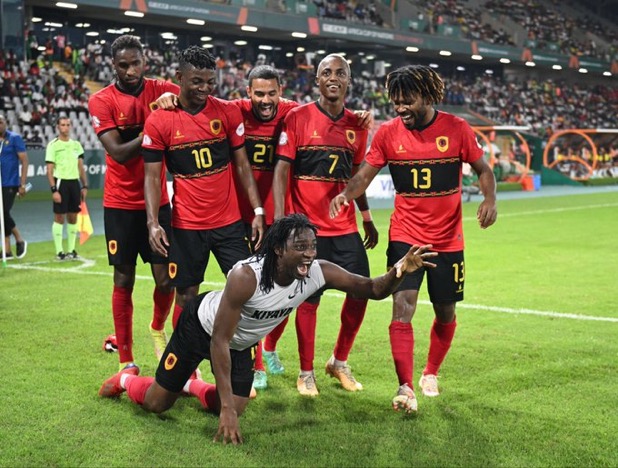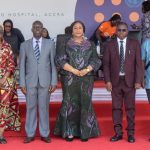The highly acclaimed Total Energies AFCON 2023 Tournament, deemed by many as the greatest in AFCON history, now enters its thrilling climax as Ivory Coast, the host nation, takes on Nigeria in the grande finale, vying for the coveted trophy.
In this article, we take a look at the highest-scoring teams in the tournament so far.
1. Equatorial Guinea – Known as Nzalang Nacional (National Thunder), the team, led by Head Coach Obiang Bicogo, entered the tournament as underdogs. Despite this, they defied expectations by topping group A with 7 points, including a draw against Nigeria and victories against Guinea Bissau and host Ivory Coast. With a total of 9 goals scored, averaging 2.25 goals per game, they showcased formidable attacking prowess. However, their journey ended in the one-eighth stage against Guinea. Notably, forward Emilio Nsue emerged as the tournament’s leading goal scorer, contributing 5 goals to the team’s tally.
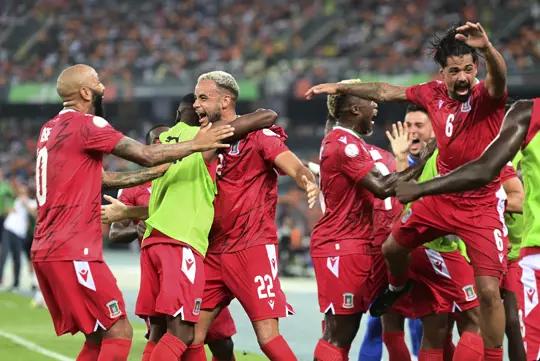
2. Senegal – The Taranga Lions of Senegal entered the tournament as major favorites, having clinched the previous edition in Cameroon 2021. Dominating the group stage, they secured victories in all three matches. However, their journey was cut short in the knockout stage, losing on penalties to the host nation, Ivory Coast. Despite their early exit, Senegal showcased their attacking prowess, netting a total of 9 goals, with 8 scored in the group stage and 1 in the knockout stage, averaging 2.25 goals per game. Notably, 20-year-old Lamine Camara and Habib Diallo emerged as joint top scorers for the Senegalese team, each contributing two goals in the tournament.
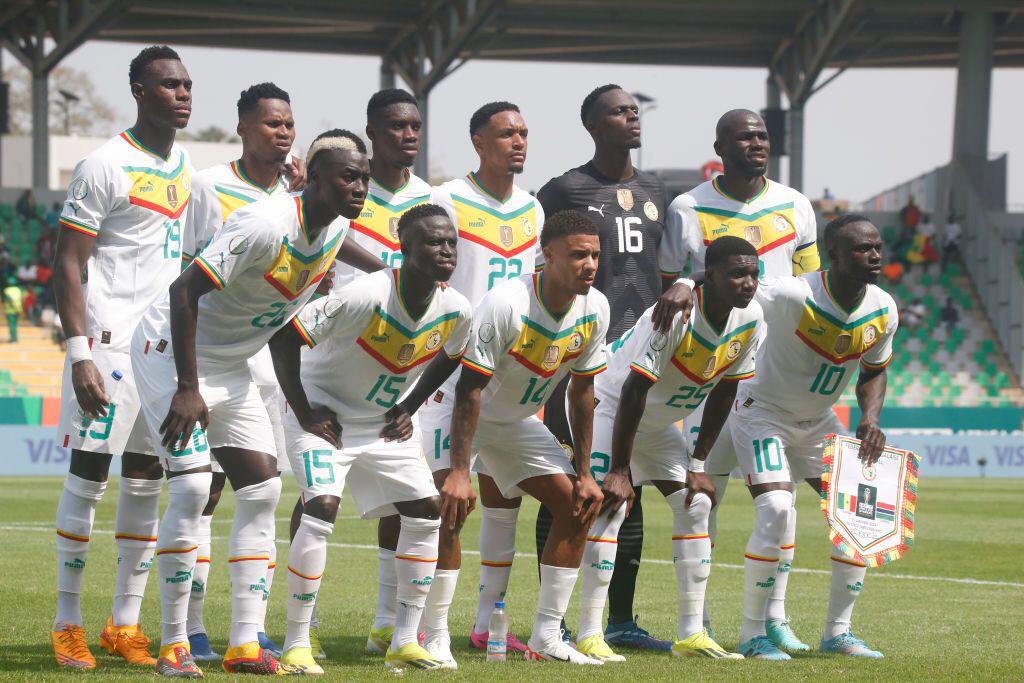
3.Angola – The Palancas Negras topped Group D with 7 points and advanced to the Quarter Final stage, where they were narrowly defeated by Nigeria with just one goal against them. Throughout the tournament, the Angola National team scored a total of 9 goals, averaging 1.80 goals per game. Notably, 27-year-old forward Gelson Dala emerged as the second top scorer in the competition, netting 4 goals, following closely behind Emilio Nsue.
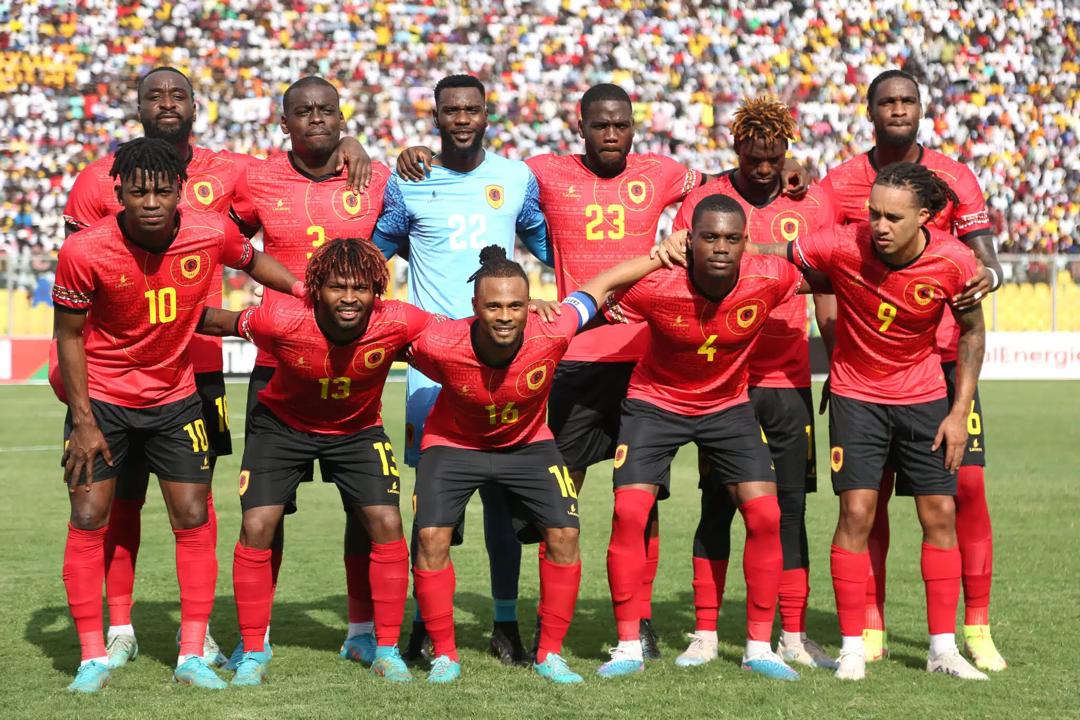
4. Cape Verde Islands – The Blue Sharks of Cape Verde dominated Group B with 7 points, securing victories against Ghana and Mozambique, along with a draw against Egypt. Throughout the tournament, they scored a total of 8 goals but were eventually eliminated by South Africa in the quarter-final stage. Despite their exit, Cape Verde made a significant impact, averaging 1.60 goals per game and leaving their mark on the tournament.
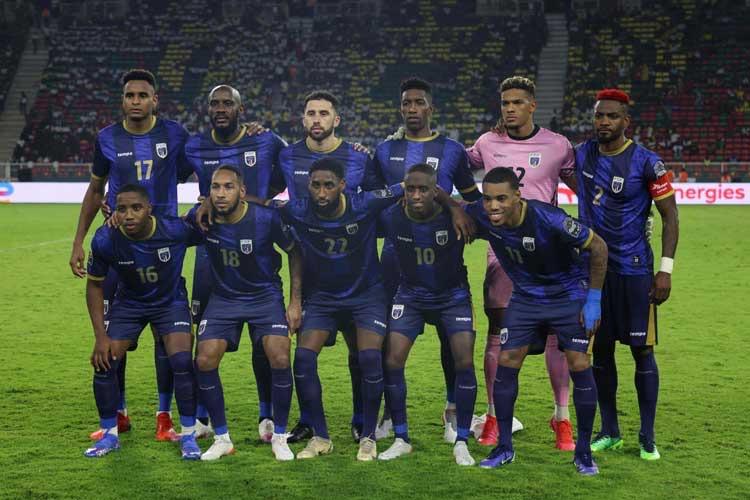
5. Egypt – The Egyptian National Team ranks as the fifth highest-scoring team in the competition, tallying a total of 7 goals. The Pharaohs maintained an average of 1.75 goals per game throughout the competition. Despite their scoring prowess, they were ousted from the tournament by Dr. Congo in the Round of 16. It’s worth noting that both Nigeria and South Africa also scored 7 goals each during the tournament with Nigeria making the final against host Ivory Coast.
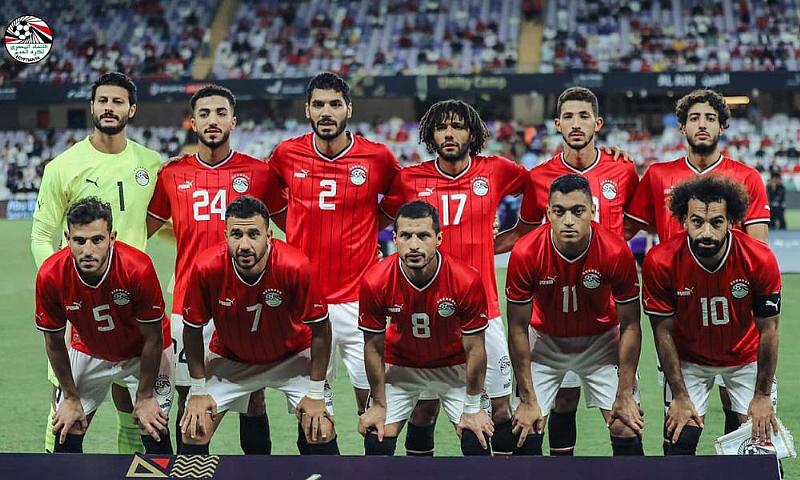
The 2023 AFCON final will be played between the Super Eagles of Nigeria and the Elephants of La Côte d’Ivoire on Sunday 11 February at the Alassane Ouattara Stadium in Abidjan.
–
Story by: David Kwaku Dzaku|univers.ug.edu.gh

